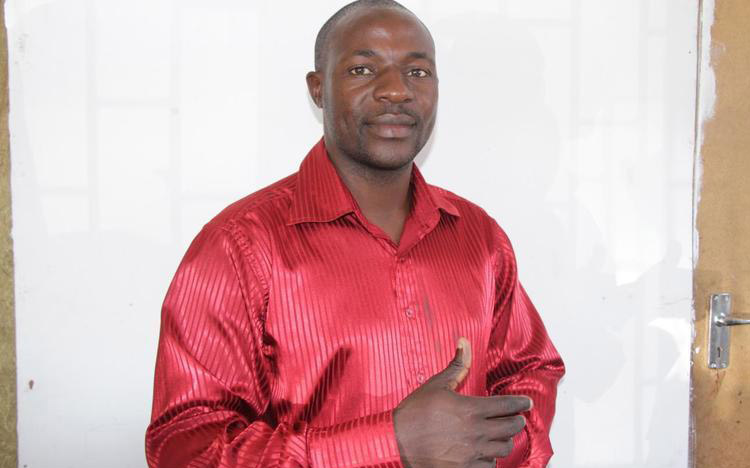EDITORIAL COMMENT:E-payments must be universal, simple

The shortage of banknotes, including bond notes, in the Zimbabwean banking system, has generated a huge surge in use of the electronic transfer systems, but to give Zimbabweans the practical choice of a totally cashless economy several more steps are required.
In urban areas PoS machines are now almost universal. At the beginning of last year most small businesses and shops declined offers from their bankers to acquire such machines. As shortages of banknotes emerged there was a sudden and huge surge in demand, which meant the banking sector had to arrange large imports, as “swipe shy” businesses suddenly realised that their choices were using such machines or watching their customers migrate to those who did accept debit cards.
But to use these machines a customer needs to have a bank account. Some banks have been rounding up the unbanked with simple no-frills basic accounts, but there are still rules in place that leave some outside the fold.
And there are still retailers who have yet to accept these machines or to have risen to the top of the queue at their bank to have one delivered. However, one huge advantage of PoS machines is that all banks and building societies are on the ZimSwitch network so every card works, at least in theory, on every machine.
But there are other platforms. The RTGS platform, a bit old-fashioned now with its manual inputting at banks, functions well although charges are still unacceptably high for small transactions and at least produces a hard copy duplicate as proof of the transaction and so is popular for larger corporate payments, but still disliked for small personal transactions.
The pressure for cheap and simple platforms has seen dramatic growth and far greater reliance on the Zipit platform, which is run by banking apps on smartphones. But while almost all Zimbabwean-owned banks and the two smaller mobile banking services are on this platform, the foreign-owned banks, with the exception of the Old Mutual stable and the dominant mobile banker, EcoCash, are still absent.
And even in urban areas very small traders, such as kombi drivers and pavement vendors, still want banknotes although mobile services can be used at times.
Electronic banking in rural areas is still largely in its infancy. There is some mobile banking, but few retailers have PoS machines and need some education on how they would function with both customers and their wholesaler suppliers.
One complaint is that mobile phone coverage, while near universal in theory, suffers from power outages and the like in rural areas, implying that the infrastructure needs to be strengthened further.
The large harvests now being reaped and the start of the payment of civil service bonuses are going to put even more pressure on banknote provision unless there is a major campaign to encourage all to use the various mobile and electronic banking services.
This must be coupled with the authorities, probably the RBZ, getting banks and near banks to fill in the few steps still missing. All three mobile banking systems, for example, must be connectable to all bank accounts. All have a relationship with some banks, but need this with all banks so that the banked customers can move money easily between account and mobile wallet and back again.
The Zipit system needs to be more universal, with any doubts by any bank speedily addressed. Those outside the system might have legitimate queries, just as some had with ZimSwitch until modest changes were made.
Zimbabwe is almost at the stage where it is possible for anyone to live normally without banknotes, but we still need the gaps filled so that it becomes a practical choice, not a theoretical possibility that may well require moving money between two bank accounts and two mobile services.









Comments